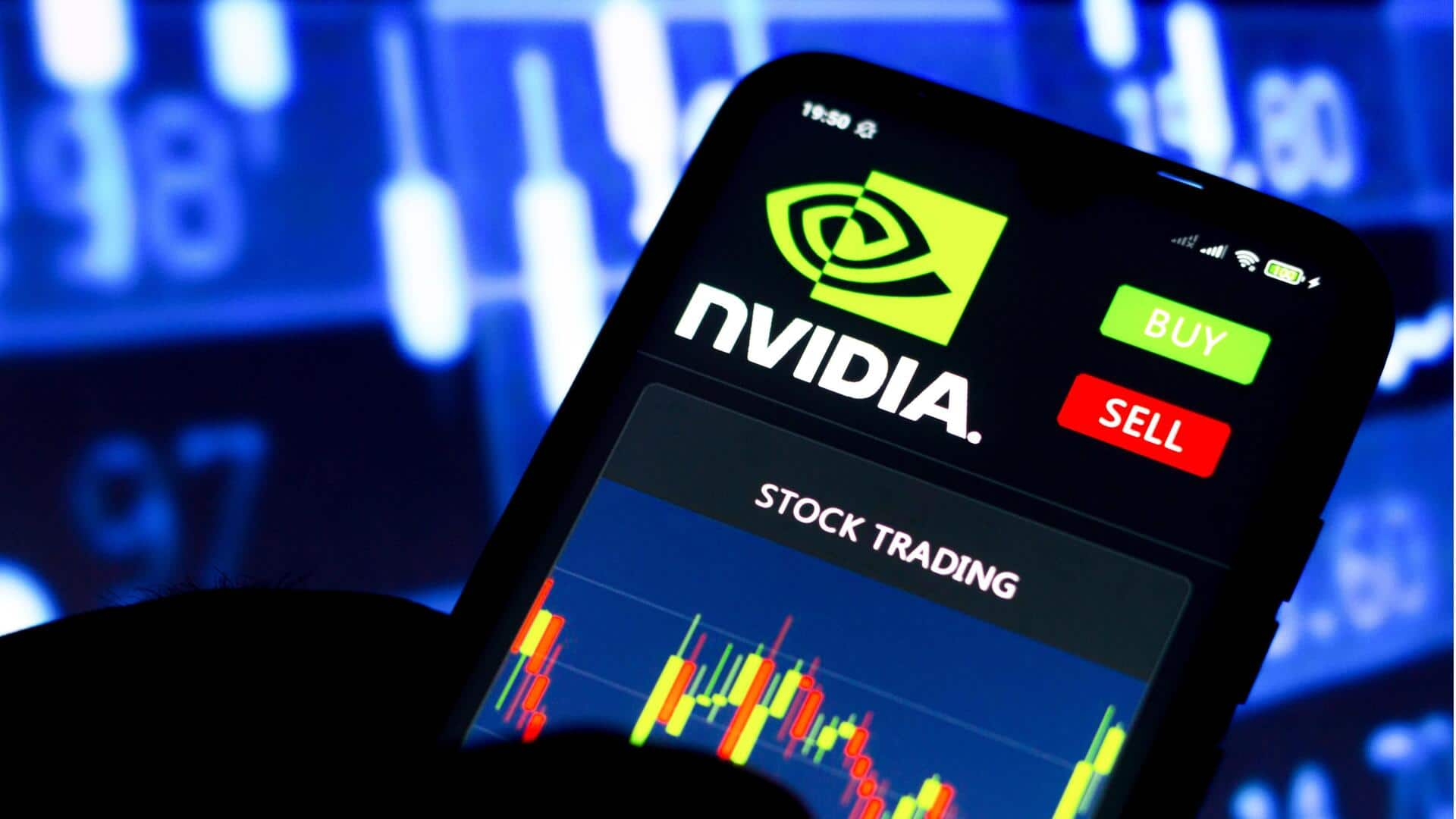
Elliott Management calls NVIDIA's stock a 'bubble,' AI technology 'overhyped'
What's the story
Elliott Management, a hedge fund managing approximately $70 billion in assets, has labeled NVIDIA's stock as a "bubble." The firm attributes this to what it describes as an "overhyped" artificial intelligence (AI) technology. This information was revealed in an investor letter obtained by the Financial Times. The fund also expressed doubts about the sustainability of high-volume purchases of NVIDIA's graphics processing units (GPUs) by major tech companies.
AI skepticism
AI's readiness and efficiency questioned
In its investor letter, Elliott Management stated that many applications of AI are "not ready for prime time." The fund also suggested that several AI applications are "never going to be cost-efficient, are never going to actually work right, will take up too much energy, or will prove to be untrustworthy." This skepticism emerges as chip stocks, which have risen due to investor enthusiasm over generative AI, face uncertainty amid doubts about continued investment from large corporations.
Stock performance
NVIDIA's market performance amid AI investment concerns
NVIDIA, a key player in the processor market for building AI systems like OpenAI's ChatGPT, has attracted substantial investments from tech giants like Microsoft, Meta, and Amazon. However, despite these investments, many of NVIDIA's major clients are developing their own rival chips. Since late June, when NVIDIA briefly became the world's largest company with a market capitalization surpassing $3.3 trillion, its stock has dropped by over 20% due to concerns about the sustainability of AI investments and slowing US economy.
AI impact
Elliott Management's stance on AI's productivity and value
Elliott Management has largely avoided what it termed as bubble stocks, including those in the Magnificent Seven. The fund disclosed in its client letter that it held a minor position in NVIDIA, valued at roughly $4.5 million by March ending. The hedge fund stated that AI has not yet delivered the significant productivity boost that was promised, and suggested that there are "few real uses" for AI currently beyond "summarizing notes of meetings, generating reports and assisting with computer coding."